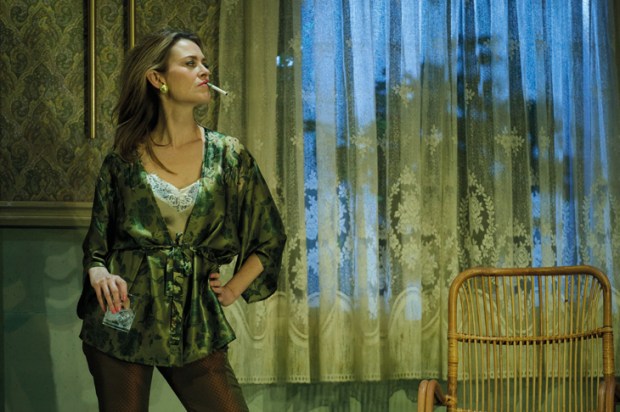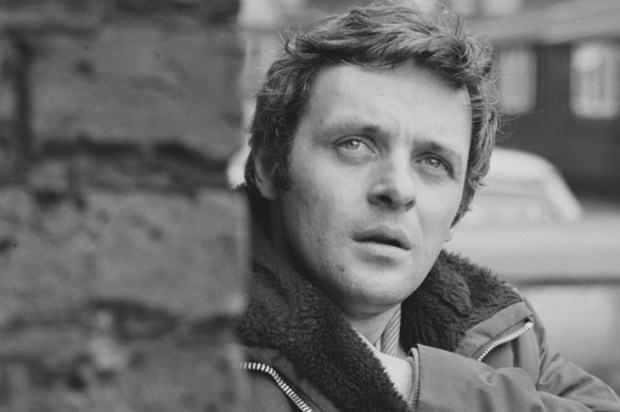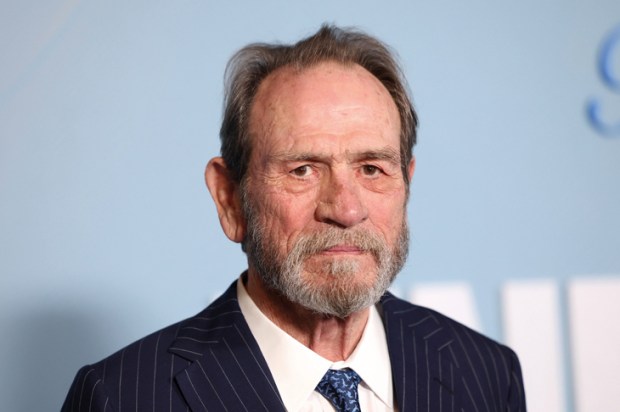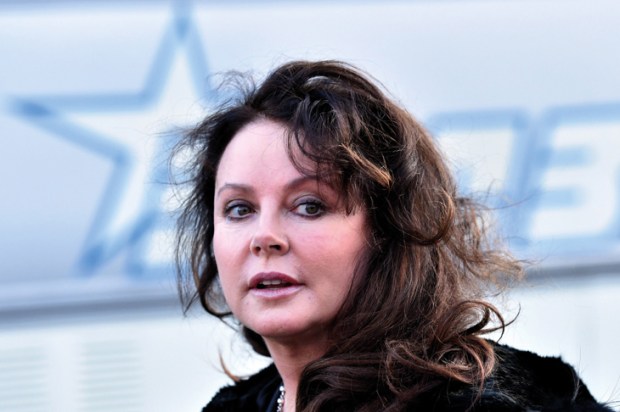Why does Taylor Swift feel like such a force of nature? She transfigures the economy of wherever she lands and if she doesn’t like what’s been done to her backlist she records her entire oeuvre again. Is it any wonder that this woman should be subjected – shamefully – to fabricated sex mock-ups when she comes across as such a supreme artefact, such a dynamised monument to the power of her own will.
Already a subscriber? Log in
Subscribe for just $2 a week
Try a month of The Spectator Australia absolutely free and without commitment. Not only that but – if you choose to continue – you’ll pay just $2 a week for your first year.
- Unlimited access to spectator.com.au and app
- The weekly edition on the Spectator Australia app
- Spectator podcasts and newsletters
- Full access to spectator.co.uk
Or
Unlock this article
You might disagree with half of it, but you’ll enjoy reading all of it. Try your first month for free, then just $2 a week for the remainder of your first year.














Comments
Don't miss out
Join the conversation with other Spectator Australia readers. Subscribe to leave a comment.
SUBSCRIBEAlready a subscriber? Log in